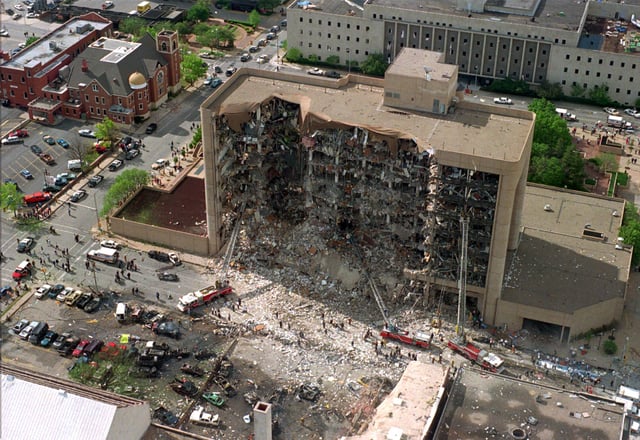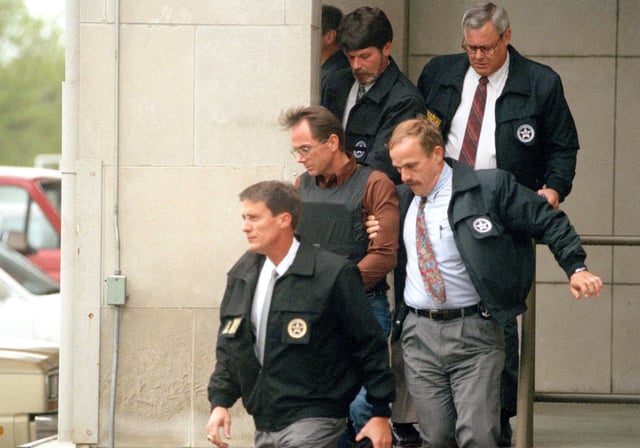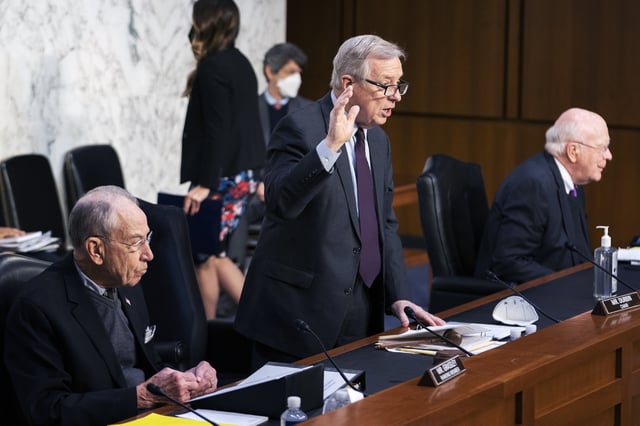Overview
- Netflix’s 'Oklahoma City Bombing: American Terror' and NatGeo’s 'Oklahoma City Bombing: One Day in America' explore the attack's causes, aftermath, and the resilience of survivors.
- The documentaries feature first-hand accounts from survivors, law enforcement, and medical responders, highlighting acts of heroism during the tragedy.
- The Oklahoma City National Memorial Museum has announced a $12 million expansion to preserve the bombing's lessons and enhance its educational mission.
- The attack, carried out by Timothy McVeigh with assistance from Terry Nichols, killed 168 people and prompted significant changes in U.S. counterterrorism policy.
- The documentaries revisit McVeigh’s radicalization, his chilling lack of remorse, and the role of anti-government extremism in the bombing.



